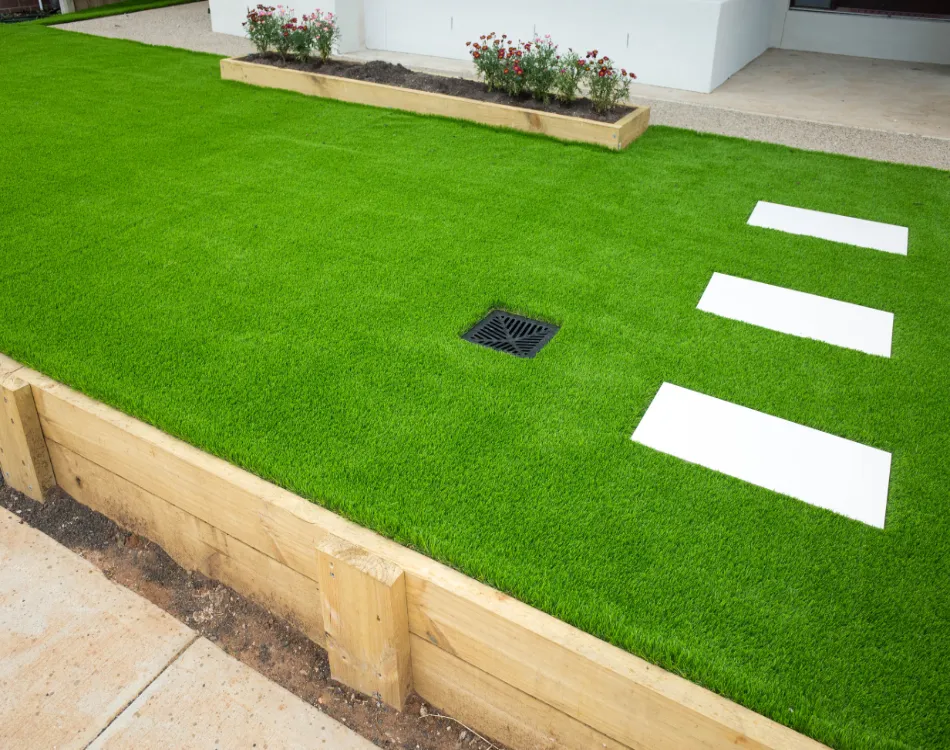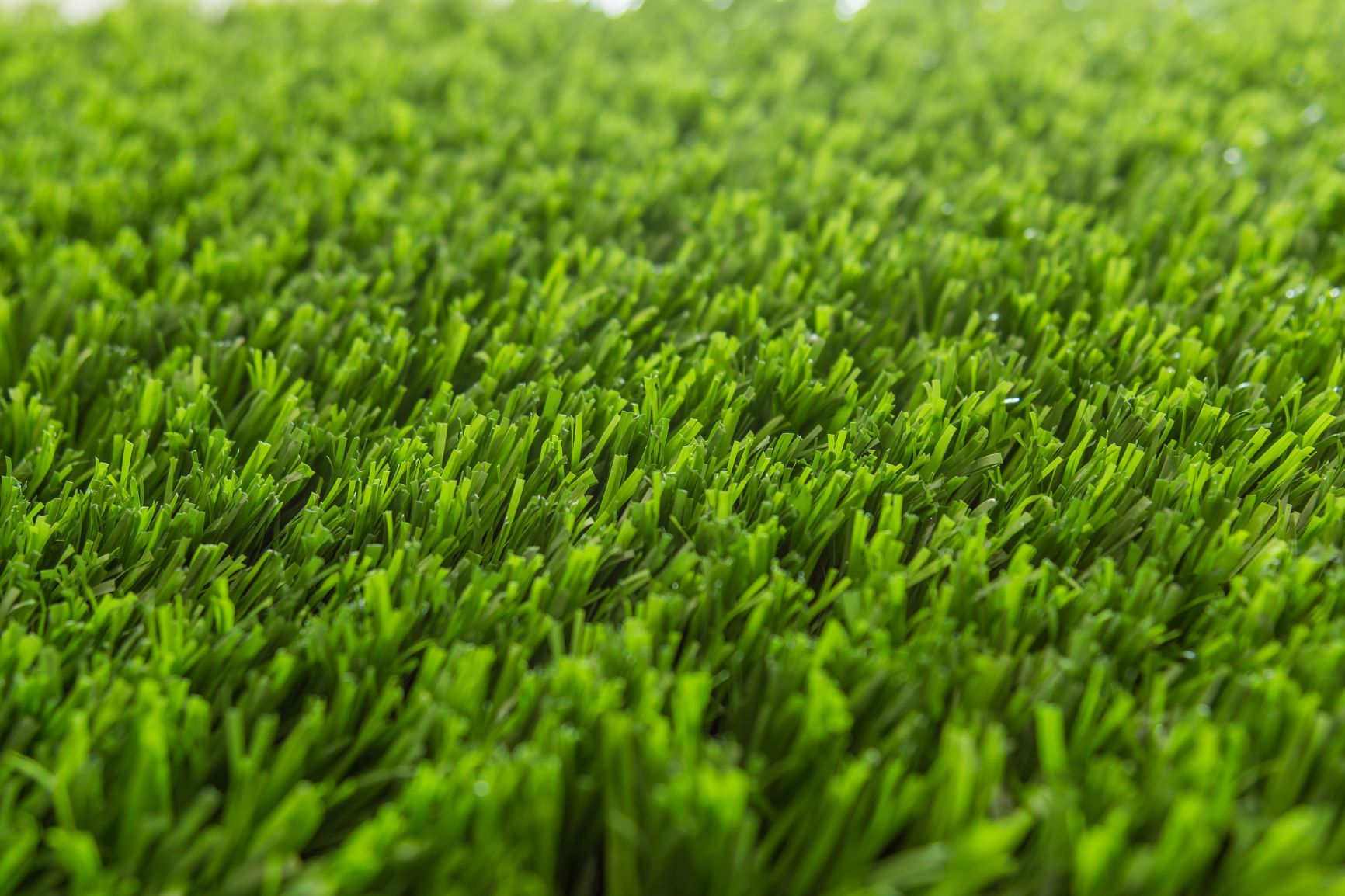High-Quality Arizona Turf Solutions for a Attractive and Lush Landscape
High-Quality Arizona Turf Solutions for a Attractive and Lush Landscape
Blog Article
Delve Into the Environmental Conveniences of Opting for Artificial Lawn Solutions
The fostering of man-made grass solutions offers an engaging chance to address pushing ecological challenges. By significantly reducing water use and reducing the application of hazardous chemicals, these alternatives not just promote lasting landscape design but additionally secure local ecological communities. The lower carbon impact associated with reduced maintenance activities adds to a much more lasting method to land monitoring. The effects of these benefits prolong past mere conservation initiatives, raising concerns regarding their long-term impact on habitat conservation and total ecological equilibrium. Discovering these dimensions reveals a complicated interaction worth thinking about.
Water Conservation Advantages
One of the most substantial advantages of man-made grass is its capability to conserve water. In comparison, artificial grass does not need watering, considerably reducing the total need for water resources.
By eliminating the requirement for regular watering, fabricated grass adds to sustainable landscape techniques and helps alleviate the environmental effect of excessive water usage. Moreover, the preservation of water includes the reduction of drainage, which can result in dirt disintegration and river contamination.
Additionally, the installation of artificial turf enables districts and property owners to assign water sources extra efficiently, focusing on necessary usages such as drinking water and agriculture. The shift towards man-made lawn not just promotes responsible water usage however likewise straightens with more comprehensive ecological objectives focused on preserving natural resources.
As areas increasingly prioritize sustainability, the water conservation benefits of synthetic grass provide a compelling situation for its adoption in industrial and property landscaping jobs.
Minimized Chemical Usage
The shift to man-made grass substantially lowers the dependence on chemical therapies frequently utilized in natural turf maintenance. Traditional turf management generally includes the application of plant foods, chemicals, and herbicides to advertise growth and control insects. These chemicals can position risks to human health, neighborhood wild animals, and the atmosphere, adding to dirt and water contamination.
In comparison, synthetic lawn gets rid of the demand for these dangerous substances. By lessening the release of artificial substances into the ecological community, synthetic lawn promotes much healthier soil and water systems.
Moreover, the absence of chemical drainage associated with man-made turf setups aids protect regional rivers from pollution, sustaining marine life and maintaining biodiversity. Arizona artificial turf. As communities significantly prioritize sustainable methods, selecting artificial grass offers a viable service that lines up with ecological preservation objectives. Through this shift, residential or commercial property owners can delight in rich environment-friendly rooms without endangering ecological health, paving the method for a much more lasting future
Reduced Carbon Impact

In addition, the installation of synthetic grass can cause substantial water conservation. Natural yards need substantial quantities of water for watering, which not only contributes to the carbon footprint connected with water extraction and therapy but additionally strains local water resources. In contrast, fabricated turf requires marginal maintenance, needing important link no watering, thereby substantially minimizing water use and its linked energy expenses.
In addition, the long life of artificial turf contributes to its reduced carbon effect. With a life expectancy of approximately 15 years or even more, the requirement for regular replacements is decreased, leading to less waste and lower power intake in production and disposing of traditional grass choices. On the whole, synthetic grass provides a sustainable option for eco aware landscape design.
Habitat Preservation
Environment conservation is an important consideration in the argument over landscape design options, especially when comparing fabricated grass to natural yard. All-natural turf yards commonly require extensive upkeep, including the use of chemicals, fertilizers, and herbicides, which can negatively influence neighborhood communities. These chemicals can leach right into the soil and rivers, hurting native plants and fauna and interrupting local environments.
Synthetic grass removes the demand for harmful chemicals, consequently securing neighboring wildlife and maintaining the honesty of bordering environments. The installment of synthetic lawn can lead to the conversion of previous yard locations right into even more biodiverse landscapes, such as pollinator yards or native plant areas, which can support local wildlife.
Ultimately, the transition to synthetic grass not only preserves water and reduces maintenance initiatives however likewise fosters a more unified partnership in between human activities and the native environment, advertising environment preservation in the process.
Long-Term Sustainability
Long-term sustainability is an important consider evaluating the benefits of man-made grass over conventional grass yards. Among the most significant advantages of synthetic grass is its toughness; it can last as much as 15-20 years with minimal upkeep, whereas natural lawn needs frequent reseeding and substitute. This durability reduces the requirement for constant sources, such as water, fertilizers, and chemicals, which are necessary for preserving a healthy and balanced turf lawn.
In addition, synthetic lawn adds to a reduction in carbon i thought about this discharges associated with yard care devices. Traditional grass typically require gas-powered lawn mowers, trimmers, and blowers, all of which add to air pollution. Arizona turf. On the other hand, synthetic grass removes the need for such devices, advertising a cleaner environment
Additionally, the production of synthetic lawn increasingly uses recycled products, enhancing its sustainability account. As suppliers adopt eco-friendly methods, the ecological impact of artificial grass remains to lessen.

Conclusion
The fostering of synthetic grass remedies offers significant ecological advantages, consisting of considerable water preservation, minimized reliance on unsafe chemicals, and a lower carbon impact. Moreover, synthetic lawn aids in maintaining natural environments by reducing land disruption and promoting lasting sustainability through the usage of durable products. Collectively, these aspects highlight the possibility of synthetic turf to contribute positively to ecological health and provide a sensible alternative to traditional landscaping methods in an increasingly resource-conscious world.
In comparison, artificial grass does not require watering, dramatically decreasing the general need for water sources. By minimizing the release of synthetic compounds into the ecological community, artificial turf promotes healthier dirt and water systems.
In addition, the installation of fabricated turf can result in substantial water conservation. In comparison, fabricated lawn needs minimal maintenance, needing no watering, therefore significantly decreasing water usage and its connected power prices.

Report this page